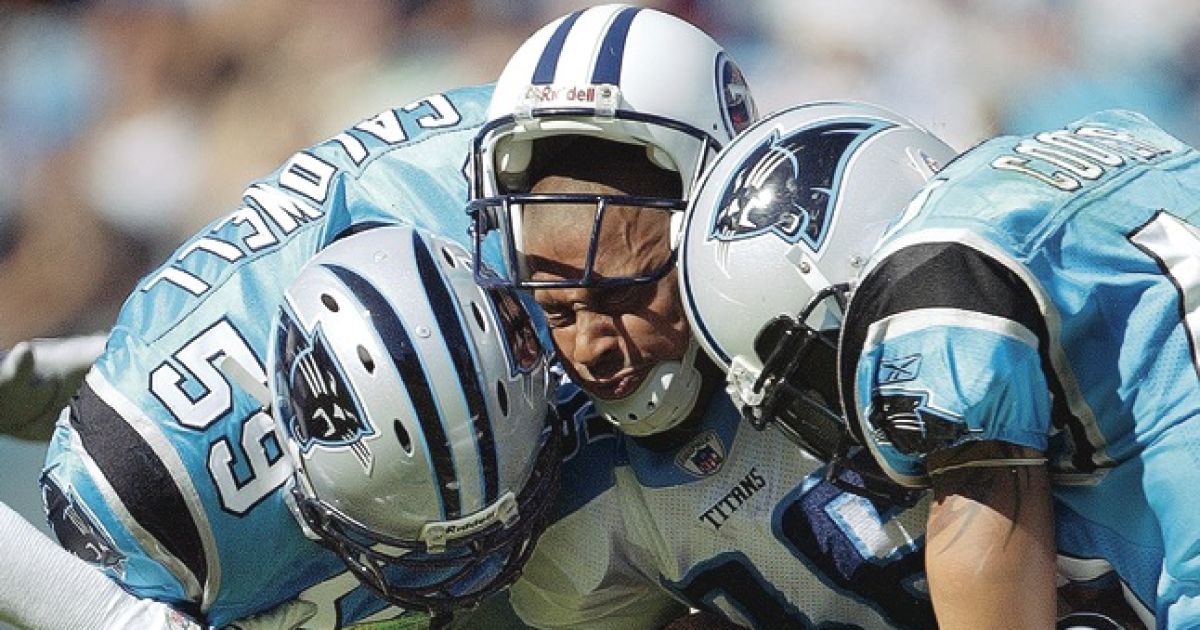What Can Cause Hyperventilation?
Hyperventilation develops when an individual breathes too quickly. The condition results in a patient exhaling more than they inhale, and this reduces the levels of carbon dioxide in the body. Symptoms of hyperventilation include dry mouth, muscle spasms, numbness or tingling in the hands, a rapid heartbeat, dizziness, weakness, shortness of breath, and chest pain. Occasionally, an episode of hyperventilation may last as long as twenty to thirty minutes. To treat hyperventilation, patients may wish to try to slow their respiration rate by breathing into a paper bag, breathing through pursed lips, and breathing through the nostrils or diaphragm. If bleeding, pain, or fever are present along with hyperventilation, patients should seek emergency medical care. In addition to anxiety, hyperventilation can develop due to the conditions outlined below.
Diabetic Ketoacidosis

Diabetic ketoacidosis is a serious complication that may develop in patients who have diabetes. The condition results from an excessive amount of ketones in the bloodstream. If left untreated, diabetic ketoacidosis may lead to a diabetic coma, which can be fatal. Therefore, all patients with diabetes should be familiar with the symptoms of ketoacidosis and seek urgent treatment if they suspect they may have the condition. Possible symptoms, aside from hyperventilation, include fatigue, excessive thirst, blurred vision, confusion, an increase in urination, and abdominal pain. Diabetes patients should monitor their blood sugar regularly and take all prescribed medications. Family members of individuals with diabetes should also be aware of the signs of diabetic ketoacidosis and take action if they observe these signs in their loved one.
Learn more about the causes of hyperventilation now.
Head Trauma

Head trauma refers to any injury to the head caused by a force outside of the body. For example, head injuries often occur after a patient's head is hit by a falling object, participating in sports, or as a result of a car accident. Symptoms of a head injury, besides hyperventilation, include trouble speaking, dizziness, confusion, sensitivity to light or sound, and dilated or unequal pupils. Patients experiencing any of these symptoms should seek emergency medical attention. Doctors will order brain scans to determine the extent of any damage and possible treatment options. Depending on the cause of the head trauma, patients may need to have emergency surgery to remove foreign objects or lower the pressure inside the brain. Some types of head trauma, including concussions, may be treated with simple observation. Patients who have experienced head trauma will likely be cared for by a specialist neurology team, and they may need both physical and occupational therapy to rebuild skills. Recovery can be a slow process that may take years, and some patients may need to spend time in a rehabilitation facility.
Continue reading for more on what can cause hyperventilation now.
Severe Pain Or Bleeding

Patients experiencing severe pain or bleeding often hyperventilate. In this case, hyperventilation can be caused by panic at having an injury or medical procedure and by the pain itself. For example, some patients with medical phobias who are having blood tests or injections may have episodes of hyperventilation before and during these procedures. Individuals brought in to an emergency room after an accident may also hyperventilate due to the stress of this experience. Medical staff caring for these patients will try to take steps to help them relax and begin breathing at a slower rate. The use of anti-anxiety drugs or sedatives may help patients slow down their breathing. Sometimes, just stopping the bleeding or stitching up a wound will be enough to help a patient normalize their breathing. Many pain-relieving drugs, including morphine, reduce both pain and respiration rates.
Get the details on more conditions that can cause hyperventilation now.
Heart Attacks And Related Conditions

Heart attacks and related conditions frequently result in hyperventilation. Patients having cardiovascular events generally describe a feeling of being short of breath, and they also feel tightness or a squeezing sensation in the chest. In addition, many cardiovascular episodes are accompanied by fatigue, cold sweats, nausea, heartburn, abdominal pain, and dizziness. Some patients may have pain in the shoulders, jaw, back, or arms. Patients who suspect they may be having a heart attack or other cardiovascular event should go to an emergency room immediately. Doctors will perform blood tests, an electrocardiogram, and other cardiac tests to determine the specific nature of the problem, and emergency stents or other surgical procedures may be needed. To prevent a heart attack, patients should try to maintain a healthy weight, practice health stress management, practice healthy nutrition, and maintain normal blood pressure and cholesterol readings.
Learn more about the various causes of hyperventilation now.
Specific Lung Disease

The presence of specific lung disease that compromises lung function may lead to the development of hyperventilation. Some of the respiratory illnesses and diseases that can result in hyperventilation include asthma, lung cancer, pneumonia, and emphysema. Patients may not always know they have these conditions, and therefore, it is important to visit a doctor for an evaluation if there are any signs of breathing difficulties. Breathing difficulties, apart from hyperventilation, that warrants a physician's assessment include a chronic cough, shortness of breath, pain when breathing in or out, and the presence of any wheezing or abnormal sounds during breathing. Doctors will listen to the breath sounds, and tests such as spirometry may be needed to assess breathing difficulties. If doctors determine pneumonia or another infection is the cause, antibiotics will likely be prescribed. Patients found to have asthma will be given inhalers that help open the airways and make breathing easier. Individuals with lung cancer may need to have a combination of surgery, chemotherapy, and radiation to treat their disease, and patients with emphysema may also require surgical intervention. All treatments will help eliminate hyperventilation.